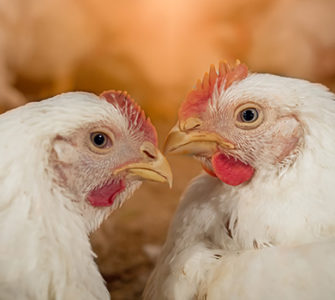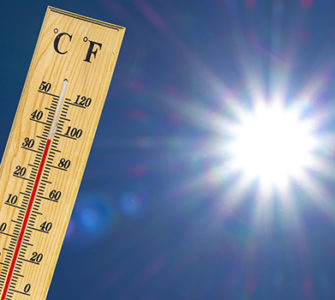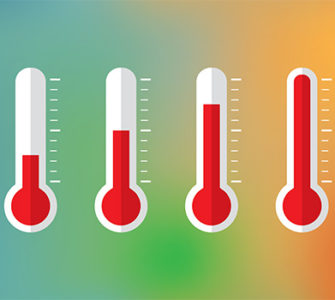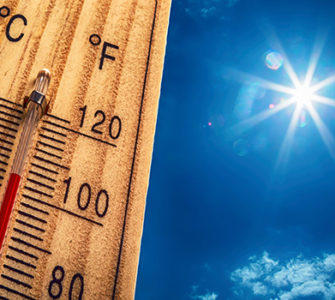Adapt feeding programs to reduce summer heat stress
Adjusting broiler feeding programs in the summer months can help avoid the health and growth challenges associated with heat stress.
Writing in WattAgNet, nutritionist Ioannis Mavromichalis said the process of eating, digesting and metabolizing feed generates heat.
In a bid to reduce discomfort by limiting an internal heat source, birds will stop eating — leading to detrimental effects on performance as well as health and welfare.
To tackle the problem, Mavromichalis recommends four measures which can be used in combination on farms, depending on their circumstances:
1. Adjust feeding management
During intense heat, limit access to feeders — it might not help with growth, but it will avoid mortality spikes. Make sure birds have access to cool water, and consider switching from meal to pellets to increase nutrient ingestion, as birds fill up more slowly with pellets.
2. Adjust feed formulations
Energy, protein and fiber each require attention. Energy should be increased by adding highly-digestible oils, whole protein should be reduced by adding more feed-grade amino acids. Changing fiber profiles can also limit heat production, as guts with less fiber will contain less heat-generating bacteria.
3. Adjust water supplements
Adding supplements should be done before changes to feed. Birds will try to drink before they eat, so if stress is alleviated through water it could be a less-expensive solution.
4. Adjust feed additives
In general, the more antioxidants added to feed the better, as heat stress causes an increase of oxidative species in the gut. Additives such as potassium chloride and sodium carbonate are also used frequently during heat stress.
Posted on September 17, 2018

















